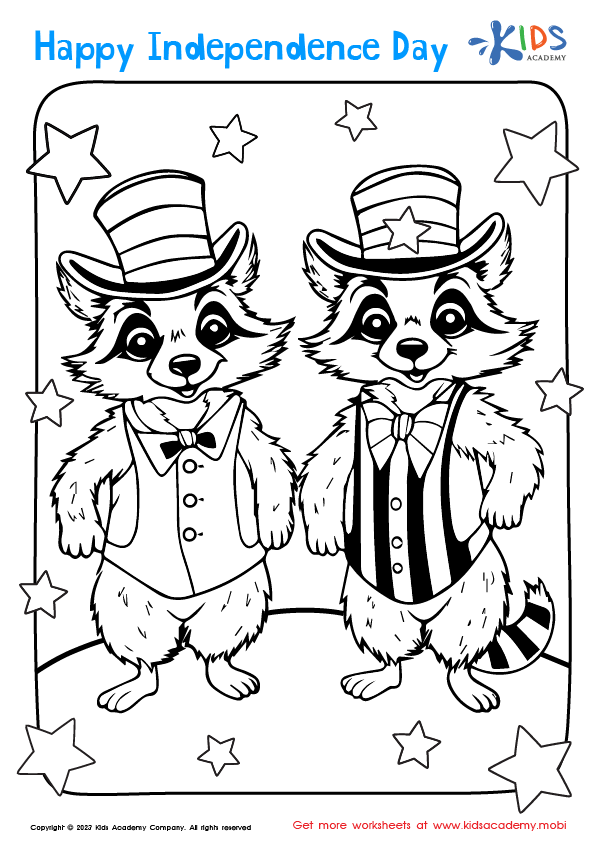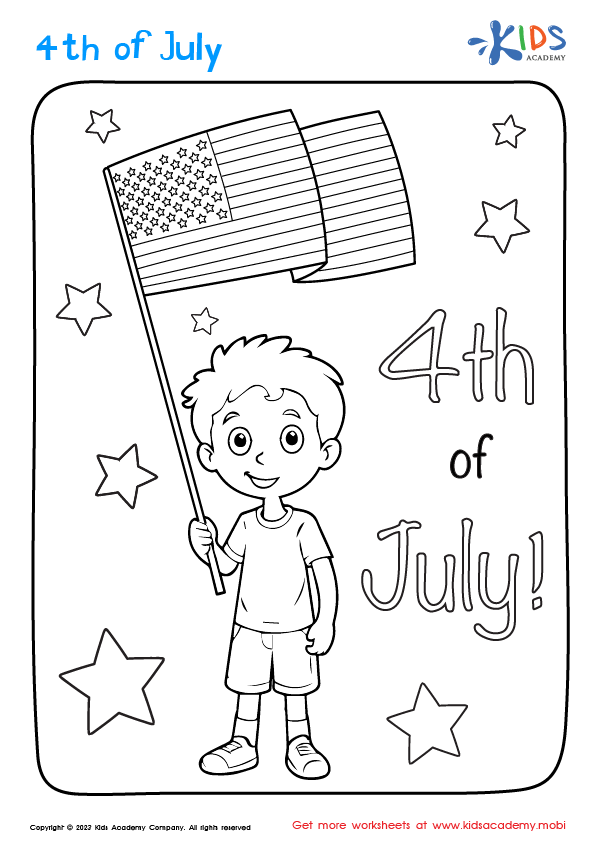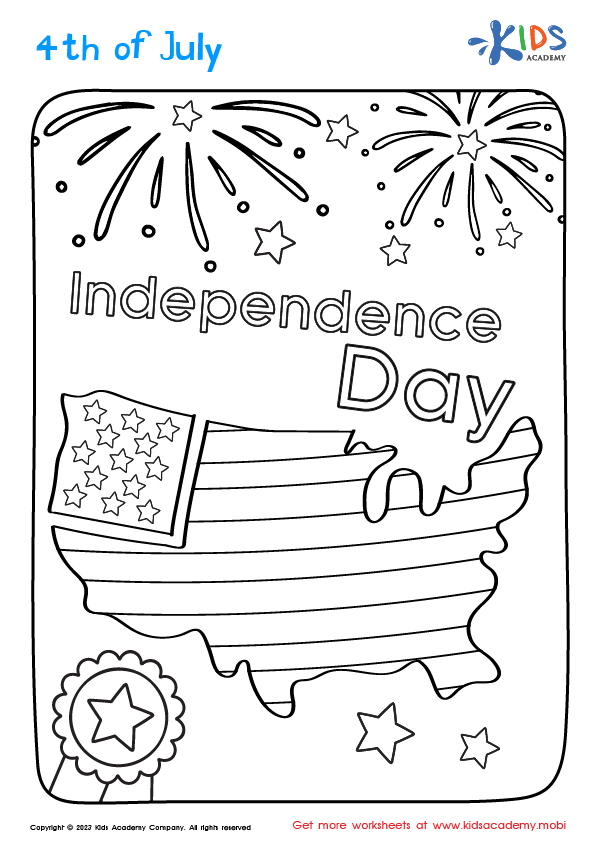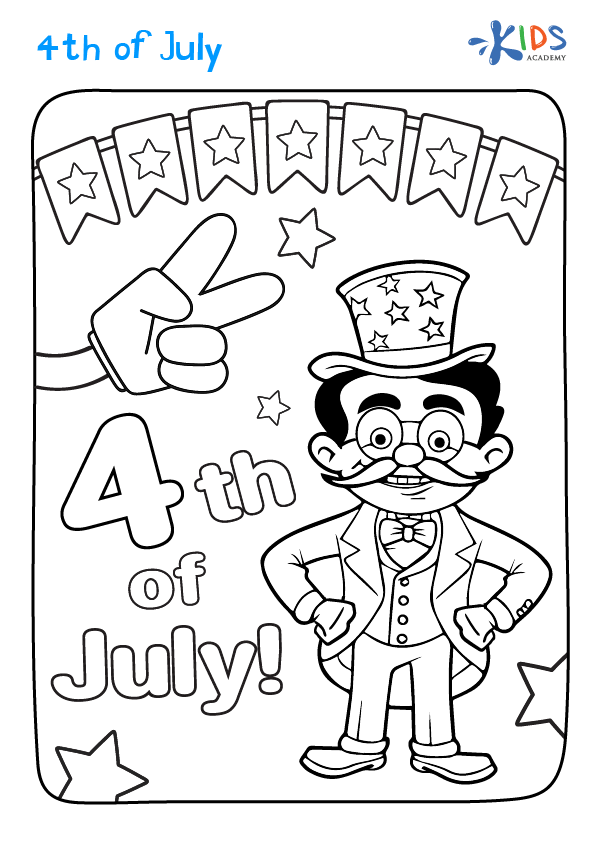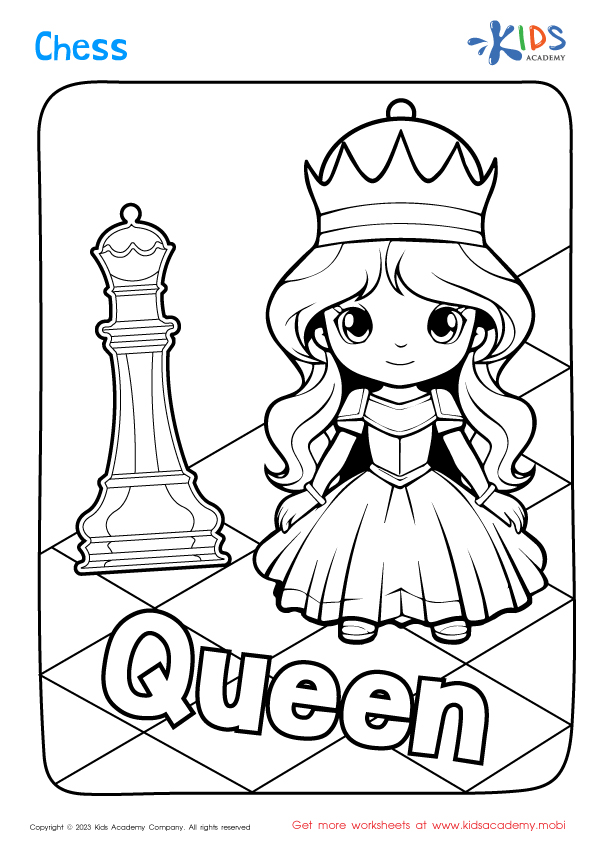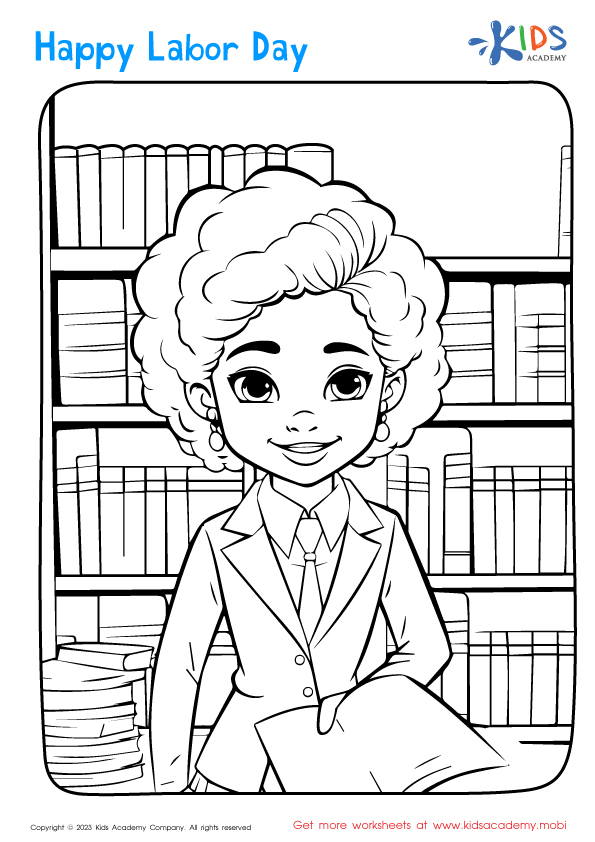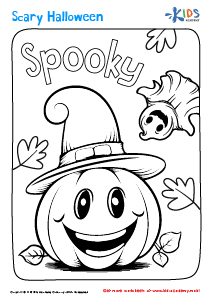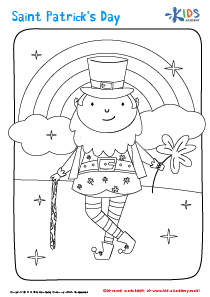Vocabulary expansion 4th of July Worksheets for 9-Year-Olds
4 filtered results
-
From - To
Elevate your 4th of July celebrations with our Vocabulary Expansion Worksheets designed for 9-year-olds from Kids Academy! These engaging worksheets combine the spirit of Independence Day with vocabulary-building activities to make learning fun and festive. Kids will discover new words related to the holiday, while enjoying coloring pages and puzzles themed around stars, stripes, and fireworks. Perfect for both at-home and classroom use, these educational tools support literacy development and enhance language skills. Inspire patriotism and a love for words with our captivating worksheets— because every spark of knowledge counts!
Expanding a child’s vocabulary during celebrations like the 4th of July is not just an academic exercise but a means to strengthen their overall communication skills and cultural understanding. For 9-year-olds, who are in a critical stage of cognitive development, gaining new vocabulary helps them accurately express their thoughts and questions, fostering confidence and deeper engagement with their learning environment.
Introducing words related to the 4th of July, such as "independence," "patriotism," "celebration," and "tradition,” immerses children in the historical and societal context of the holiday. It nurtures an appreciation for national history and collective values, enhancing their ability to grasp complex social studies topics in later years. Moreover, these new words can augment other subjects, enriching reading comprehension and broadening their descriptive language use in writing projects.
Incorporating themed vocabulary into discussions, readings, and activities makes learning more relevant and exciting, setting a positive tone for continual education. For both parents and teachers, emphasizing vocabulary expansion during such festivities also serves as a bridge between home and school learning. Ultimately, a robust vocabulary equips children with the tools to become articulate, informed, and culturally competent individuals.

